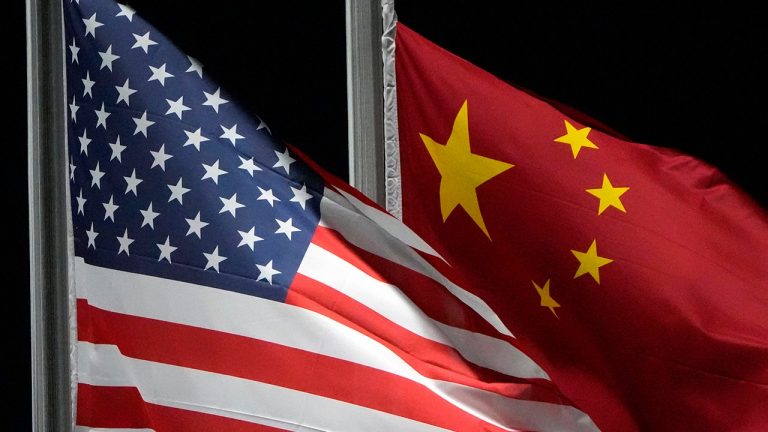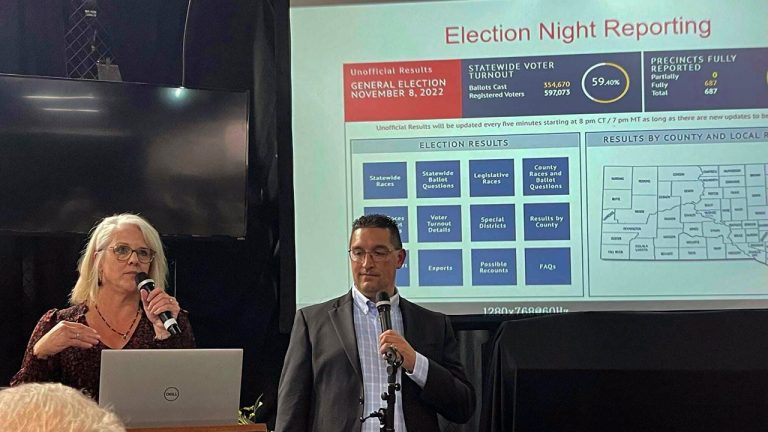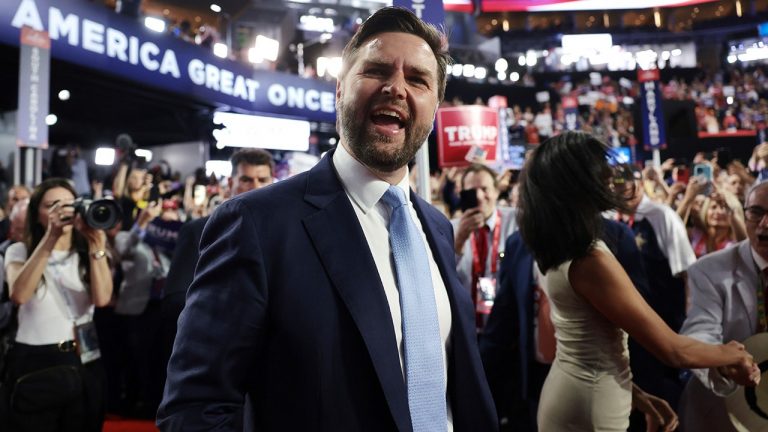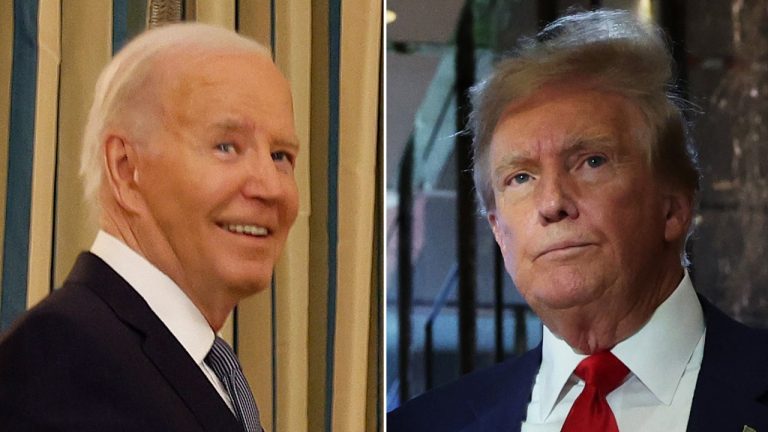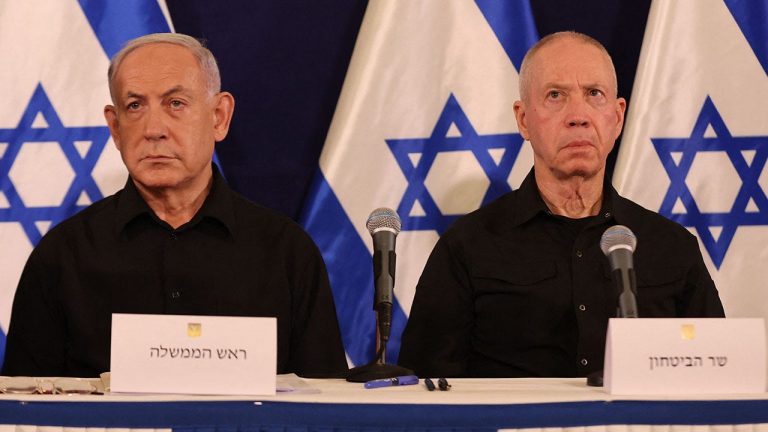Obama-appointed judge ridicules prominent Democratic law firm in lawsuit over Wisconsin election.
Federal Judge Criticizes Democratic Law Firm’s Challenge to Wisconsin Absentee Ballot Witness Requirement
A federal judge criticized a top Democratic law firm’s attempt to challenge an absentee ballot witness requirement in Wisconsin. U.S. District Judge James Peterson pointed out the flaws in the interpretation presented by the Elias Law Group, founded by Democratic super lawyer Marc Elias. The firm was contesting the Wisconsin law, which mandates a witness certification for absentee ballots under § 6.87(2).
The law demands that voters certify their eligibility and adherence to the correct absentee ballot procedure, including a section for “witness certification.” Elias argued that this requirement infringed upon the Voting Rights Act of 1965 and Civil Rights Act of 1964. However, Judge Peterson, appointed by Obama, refuted this claim by highlighting the impracticality of the witness verifying the extensive voter information as outlined in their interpretation.
Peterson emphasized that many witnesses would struggle to independently verify the necessary details, and the statute’s intention was to allow a broad range of adult U.S. citizens to serve as witnesses. The judge concluded that interpreting the law in a way that impedes compliance would be illogical.
Notably, this legal setback for Elias Law Group comes after a previous defeat in Wisconsin, where Elias tried to compel the state to redraw its congressional maps. The Wisconsin Supreme Court declined to hear the case, delivering a win for Republicans.
Despite facing sanctions in past cases and criticism for his actions, Elias continues to be hired by Democratic clients, showcasing a trend of trusting him despite his controversial track record.
Challenges and Legal Battles
The dispute over the absentee ballot witness requirement in Wisconsin reflects a broader trend of legal challenges and political struggles in election laws across the country. As states enact new voting regulations and parties engage in legal battles to shape election processes, the role of legal firms and judges becomes pivotal.
Democratic and Republican lawyers, like Marc Elias, play a significant role in shaping these legal battles. Their interpretations of voting laws and constitutional principles often clash in courtrooms, leading to landmark rulings and precedents that shape future elections.
Implications for Voting Rights
At the core of the Wisconsin absentee ballot witness requirement case lies a debate on voting rights and the accessibility of the electoral process. Proponents argue that such requirements ensure the integrity of the voting process, while critics claim they impose unnecessary burdens on voters, especially marginalized communities.
By challenging these laws in court, legal firms like Elias Law Group seek to protect voting rights and expand access to the ballot box. However, their efforts face scrutiny from judges who must interpret these laws in light of existing statutes and constitutional provisions.
Public Perception and Legal Ethics
The legal battles over election laws raise questions about public perception and legal ethics. When high-profile lawyers like Marc Elias face criticism and sanctions, it sparks debates about the role of legal professionals in shaping political outcomes and the public trust in the legal system.
As legal battles continue to unfold in courts across the country, the intersection of law, politics, and public opinion will remain a complex and evolving landscape. The decisions made by judges like James Peterson will reverberate beyond individual cases, shaping the future of election laws and voting rights in America.



